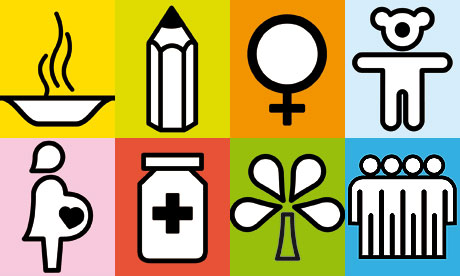In class this week the topic ofthe scientist came up and we as a class debated on whether or not it was important forthe said scientist to "dumb-down" their research so that "normal" people could understand what the research was actually about. Here I am going tobe elaborate on my point that it is not necessary for scientist to stupefy their research fore us "regular" folk don't need to know what's going on . Let me explain, when it comes to scientific research the people who "need" to be impressed is not the everyday person, but people in the scientific community. Let's think for a minute, in high school when you wanted to be seen as cool you wanted to impress the people that "being cool" meant something. You weren't trying to impress the Emo kids or the geeks you wanted to impress the "cool-kids." That same idealology holds true for the scientific community. If you are not apart of that community then these scientist are not going to go out of their way to enlighten you on their research.
I also believe there is a sense of elite-ness that comes with being only one of the few that understands what's going on. When everyone knows something it loses its exclusivity. With having a community in which u can share ur findings vs. Having the entire world know your new found information. These scientist take pride in their research and they want clout for their discoveries. This is not out of the norm but a natural human want.
So to sum up this post I just want you all to take away that no it is not necessary for scientist to dumb down their work to appeal to the common person. It is however important for them to appease those in their community.






